In recent years, the use of the Agricultural Centrifugal Pump has grown steadily across diverse irrigation systems. With increasing demand for efficient water management in farming, these pumps are becoming central to how fields are watered, especially in regions facing changing climate patterns. The Agricultural Centrifugal Pump offers a practical method for moving large volumes of water, making it suitable for both small and large-scale agricultural operations.
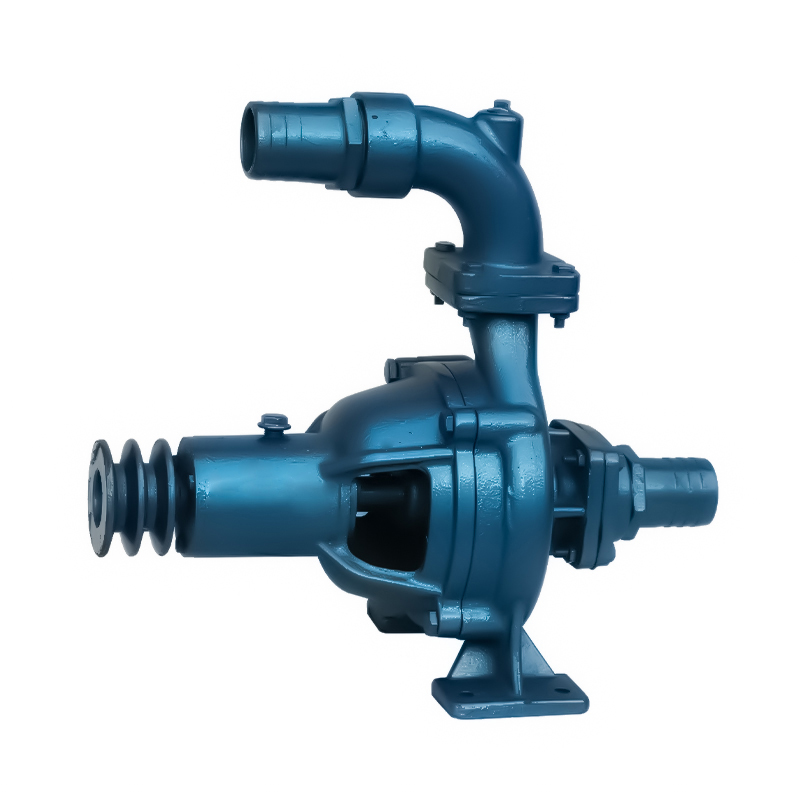
One reason for this rise in adoption is the adaptability of the Agricultural Centrifugal Pump. It supports various irrigation methods, including drip, sprinkler, and surface irrigation systems. Farmers can rely on its consistent performance to maintain steady water flow, which is critical during peak growing seasons. Additionally, its relatively simple structure makes maintenance manageable, especially in remote rural areas.
Among the available models, the stainless centrifugal pump has drawn particular interest. This variant is often used in settings where the water contains sediments or has a slightly corrosive quality. A stainless centrifugal pump resists rust and material wear, which contributes to its longevity. In environments where fertilizers or other chemical substances might enter the water stream, the stainless material can help reduce internal degradation over time.
Irrigation systems must be both reliable and durable. The Agricultural Centrifugal Pump addresses these needs with its capacity to handle a wide range of water types and operating conditions. Whether drawing from groundwater, canals, or surface reservoirs, it continues to play a vital role in daily farming routines. As agricultural techniques become more technology-driven, compatibility with automation and control systems has also become a notable advantage of this pump type.
In environments where hygiene and contamination are concerns—such as greenhouse operations or organic farming—using a stainless centrifugal pump adds another layer of protection. The smooth surface of stainless steel helps prevent microbial buildup, which can be important for crops sensitive to water quality. This makes the stainless centrifugal pump an appealing choice for farmers looking to maintain more controlled growing environments.
Another benefit of the Agricultural Centrifugal Pump lies in its capacity for high flow rates, allowing efficient irrigation over large areas without complex infrastructure. This is particularly beneficial in arid zones where water needs to be distributed rapidly before it evaporates. While not every terrain or crop type may require the same flow rate, the pump’s adaptability allows it to be calibrated based on system requirements.
As farming practices shift toward sustainability, both the Agricultural Centrifugal Pump and the stainless centrifugal pump are being evaluated for their energy efficiency. Engineers are working to develop designs that reduce power consumption while maintaining output. This helps lower operating costs, an important factor for farmers managing narrow profit margins.
In terms of installation, a stainless centrifugal pump may offer greater flexibility due to its resistance to outdoor elements. It can be placed near open water sources or installed in enclosed pump houses without significant risk of deterioration. This gives it an edge in long-term planning for infrastructure development on farms.
The increased presence of the Agricultural Centrifugal Pump across modern irrigation systems reflects a broader move toward efficiency and sustainability in agriculture. By choosing equipment that suits both operational needs and environmental conditions, farmers are better positioned to face today’s challenges. The stainless centrifugal pump complements this shift by offering durability and performance in water systems that demand reliability. Together, these pumps support the continued evolution of agricultural practices around the world.

 English
English русский
русский Español
Español
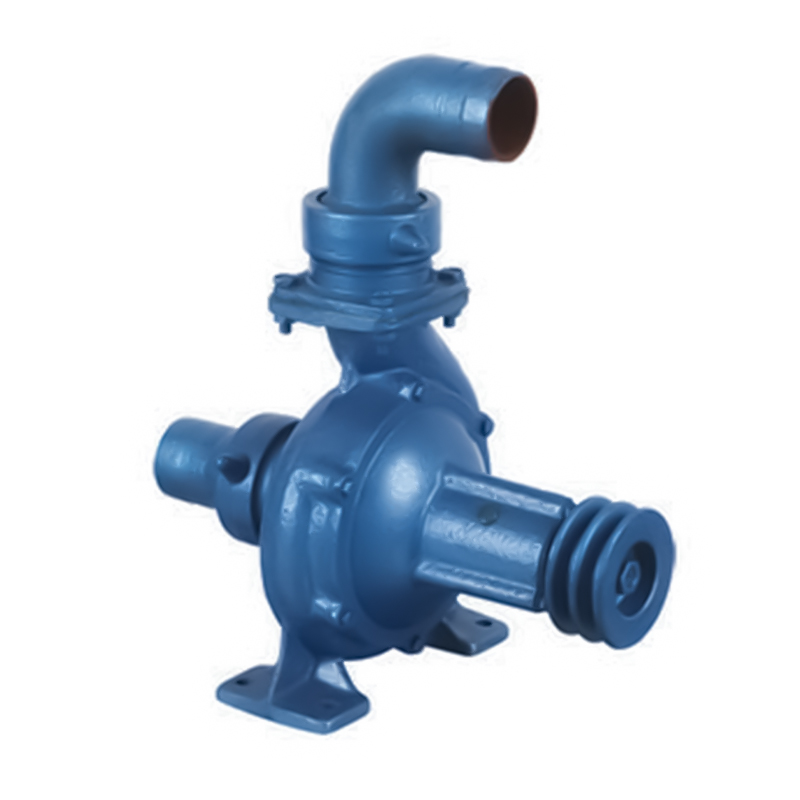
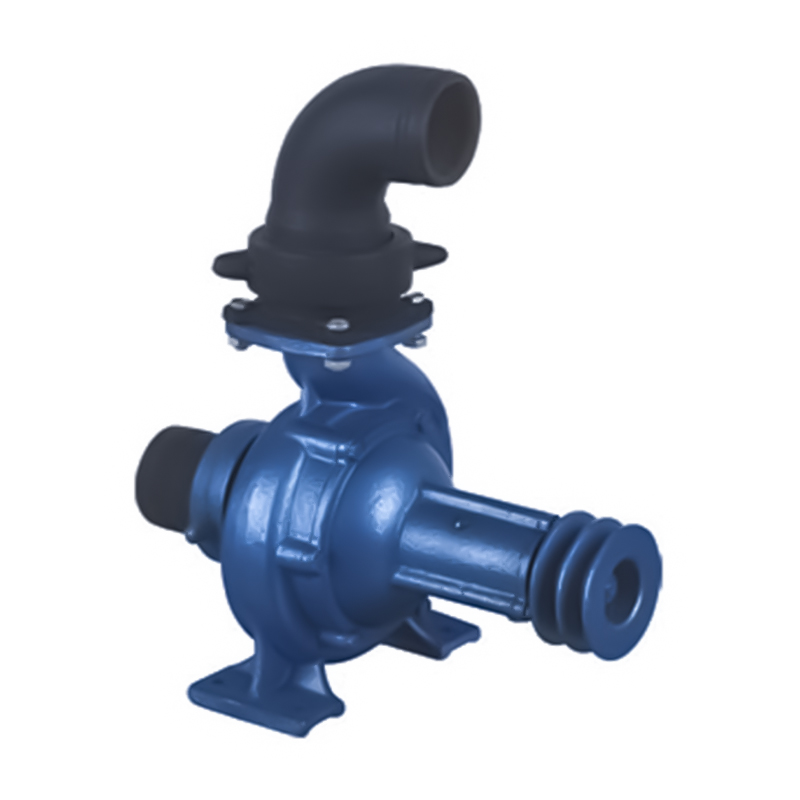

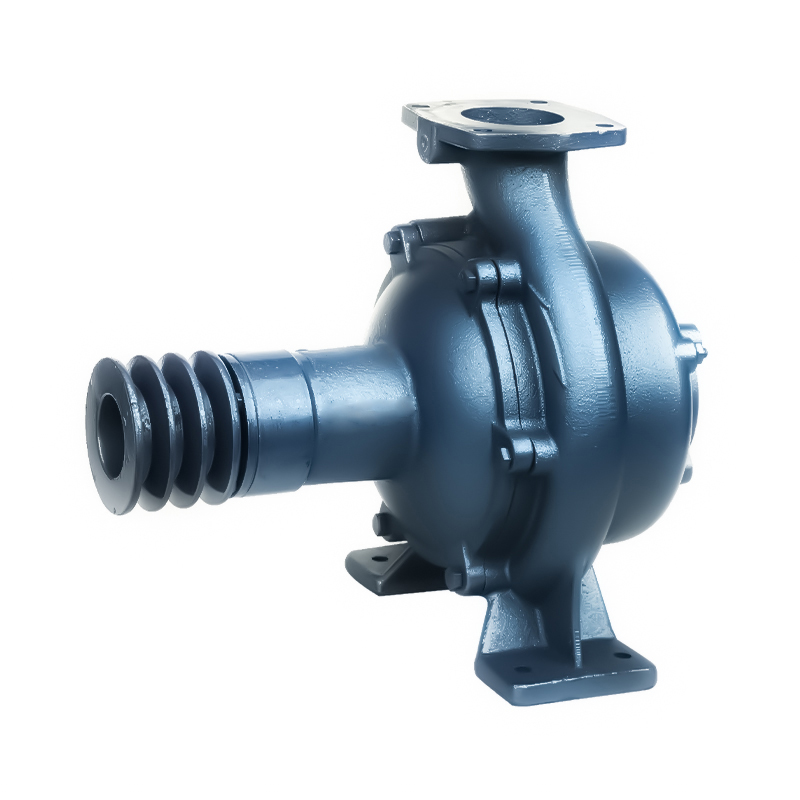
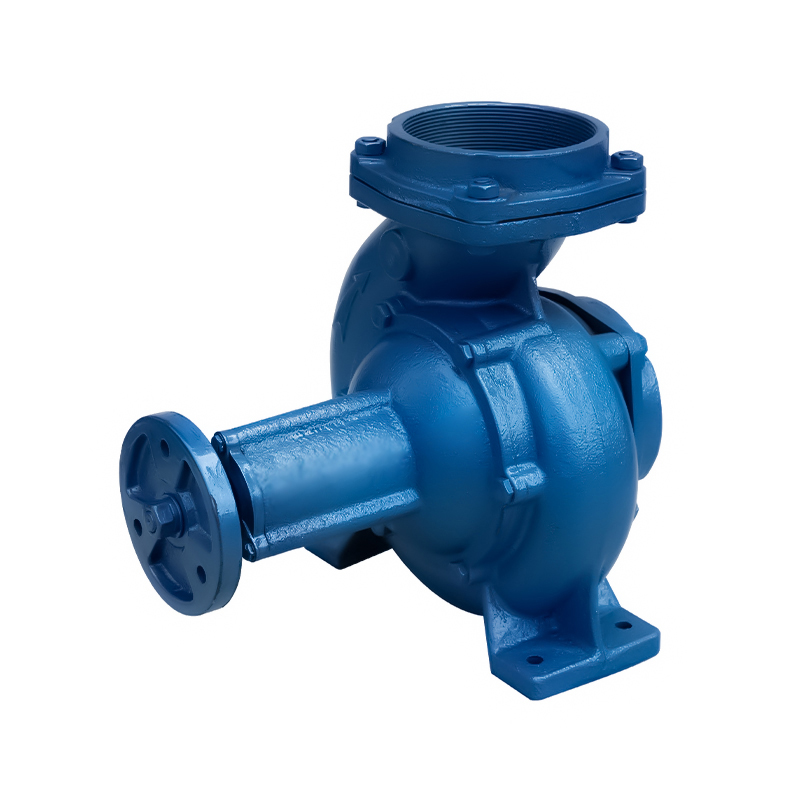
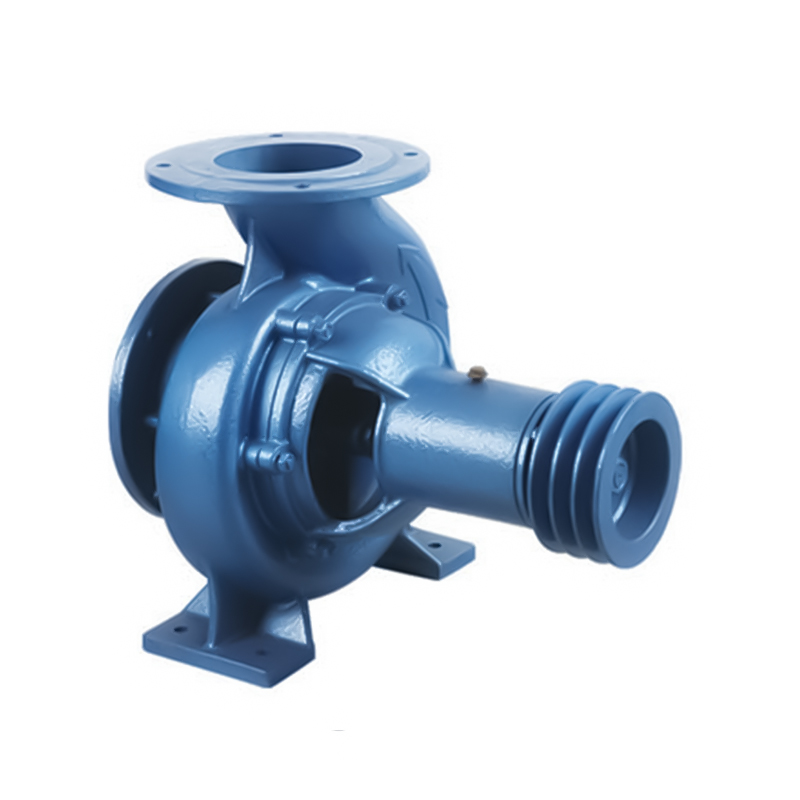
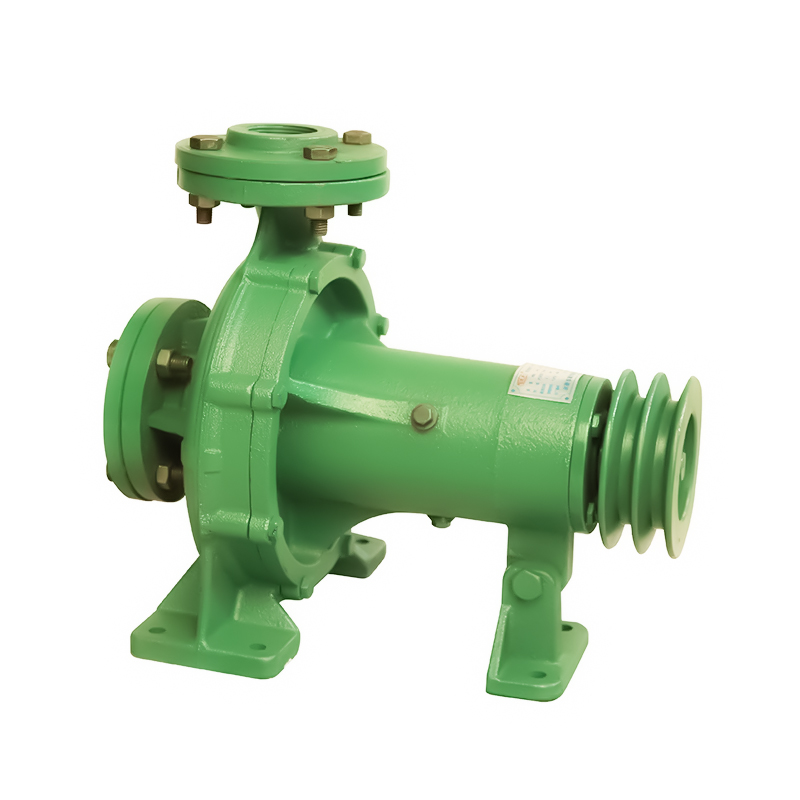

 Email:
Email:
 Phone:+86-13605899207
Phone:+86-13605899207

